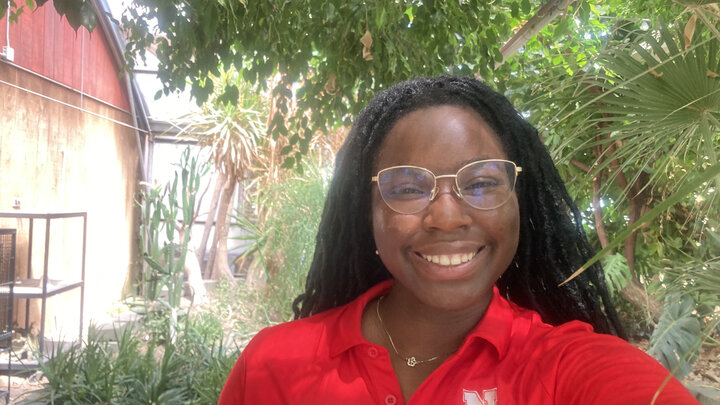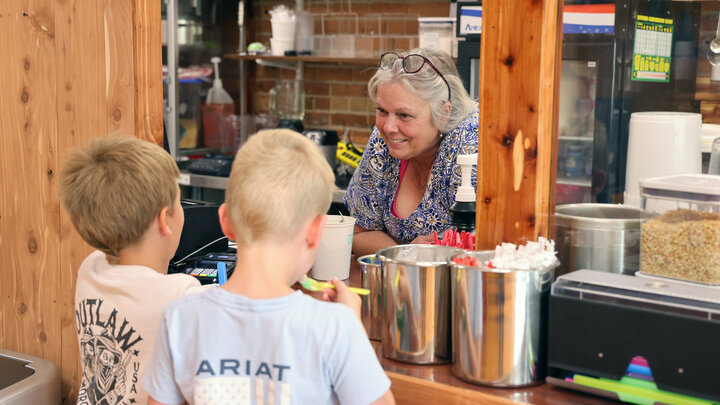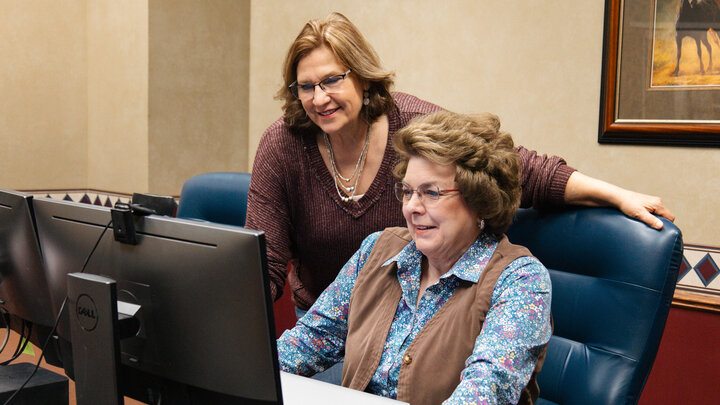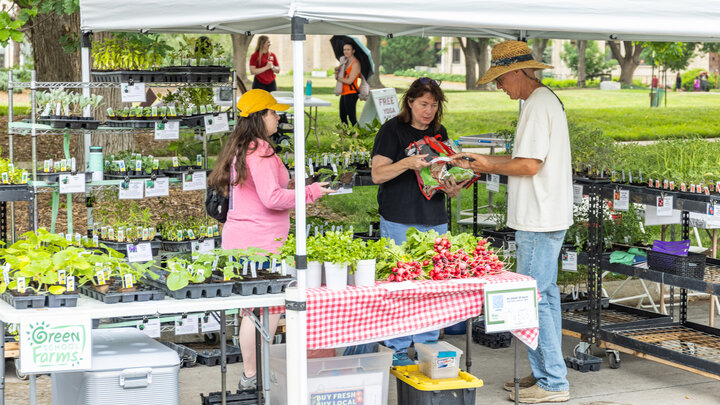Summer 2026 Applications Are Open!
Ready to make a real impact this summer? The Rural Fellows Program invites University of Nebraska students to spend seven unforgettable weeks living and working in rural communities across the state.
As a Fellow, you’ll bring your talents, creativity and passion to local projects that strengthen community life — all while gaining hands-on leadership experience and lifelong connections. In return, you’ll serve as a community research partner, helping tell the stories that make each Nebraska community one of a kind. Fellows see firsthand the endless opportunities that make Nebraska a great place to live, work and grow.
The Rural Fellows program fulfills the University’s land-grant mission by connecting classroom learning with real-world service, leadership and innovation across Nebraska.
👉 Apply today and be part of Nebraska’s future — because the future is rural.
Learn more about Rural Fellows
Student application window runs Oct. 24 to Dec. 15, 2025.




